The internship started last week!! And I started my second "growing season" as Garden Steward here at Songaia. Man oh man. Last year, I set the intention to mindfully implement the first principle of permaculture--Observe and thoughtfully interact. This principle posits that you have to take the time to step back and observe, or cultivate an intimacy with place, before you are able to design a sustainable, resilient, and regenerative system. Simple, right? Here's a beautiful musical representation of the first permaculture principle by the glorious Formidable Vegetable Sound System, introduced to me by Brian when I was an intern:
"The problem is the solution,
it just depends on your perception.
Gotta change yourself before the world.
Take a look around,
On the inside and the out.
Cause when you observe yourself,
you'll see everything else.
Make good use of it now."
Despite the fact that I was learning multiple systems--the garden, the community, this position--his past year really became about cultivating an intimacy with myself. Mid-summer I fell into a bit of low spot. I was discouraged, tired, stretched thin between my homes, and feeling the weight of expectation from the community for a yield of food, the interns for a yield of experience, and the garden for a reliable drink of water.
Pause for gratitude for garden elder Helen Gabel, who held me and guided me throughout this past year. Gratitude for Brian Bansenauer who invited me over often to "have cookies" (laced with community wisdom and therapeutic laughter). Gratitude for Nancy and Diane, who helped me lean into the "problem is the solution"---just said with different words. Gratitude for Laura Klepfer, who is a great listener, a devoted piglet, and a loving friend. Gratitude for Elizabeth Dequine, who sees disconnections and chooses to act in love, and who has invited me and Olive to share a home with her. Gratitude for my dear friend and beloved intern, Ian Thompson, who has inspired growth in me by both accepting and challenging my conditioned beliefs about the world. Gratitude for Brent, Nartano, Mary, Susie, and so many others. You have all inspired me to find and grow from my edges over this past year, allowing me to see that cultivating an intimacy with ourselves is at the foundation of sustainable, resilient, and regenerative systems, because it allows us to see past our conditioned beliefs about what's possible and enter a truly creative and abundant space.
This brings me to my intention for this coming year, which includes story-telling, and two permaculture principles:
Principle 3: Obtain a Yield
and
Principle 11: Use edges and value the marginal
More about this next week.
Here's a little about what moved this past week in the garden:
Wednesday: On Wednesday I worked alone, because Ian had come down with a cold and our other Piglets were busy with community and personal responsibilities. It was a great day of observing myself, the garden, and my relationship with it. I met with Bee Elliott in the morning and we hammered out the details for the upcoming Restoration Work Party here in the Songaia Forest on Sunday April 28th from 10:30-3. Bee is a student at UW Bothell, deeply involved in shifting our larger cultural narrative by acting locally. She will be bringing members of the UWB Outdoor Wellness Club to this work party. I am excited about this partnership!
I spent the day drifting back and forth between garden work and administrative duties, getting a bed cleared by the end of the day and setting up a small experiment in the garden. Last fall one of our beds was colonized by perennial white clover. Throughout the winter, this bed resisted invasion by our dear friend buttercup, unlike many of our other beds (even those that were intentionally cover-cropped with other species). What I want to test is whether or not we can just plant directly into the white clover, leaving it as a nitrogen-fixing perennial cover crop, with occasional chopping-and-dropping to keep it from overtaking food crops.
After establishing which area I wanted to leave covered with clover, I needed to figure out how to mark off the area so it wouldn't get cleared by someone else, and I needed to mix soil to start some seeds for the experimental bed. I went up to lunch and thought about how to mark it off. While eating lunch, Doug R came in and told me he had removed the oak planter that had been sitting outside the Common House for quite some time with no plants in it. He expressed his uncertainty about what to do with the wheelbarrow full of soil and large rocks. The problem is the solution!!! Well, his problem was my solution. I sifted the big rocks out of the soil, used the soil to start seeds, and used the rocks to delineate my experimental plot.
This year, still determined to obtain a yield, we made potato cages. Something I derive great pleasure from, and I learned Ian does as well, is creating something useful from salvaged materials. We found wire fencing in the magic barn that was stapled to some old rotting wood, and transformed them into beautiful potato cages! We buried three varieties of potatoes in these cages and filled the cages to about 8 inches with soil and compost. As the potatoes grow, we can continue to add soil and compost (or other material) to the cage, increasing the production of tubers off the stem. We ended the day with a planning session--deciding how we wanted to design a simple, effective way of tracking which piles of compost were turned when.
We got SO much done on Friday. We started the day on an expedition in IAN'S NEW TRUCK! Our mission was to get our new compost system sheets laminated and to pick up another load of woodchips from Dennis and Cyndi (Thank you!!) to prepare for the Harambe on Saturday. We mounted the new sheets and ended the day with compost turning (3 piles!) and blog writing.
Not mentioned here is all the work that went into the garden while my eyes where elsewhere--I know Helen and Elizabeth have been working away--and it looks amazing out there.
I intend to continue to share in this way throughout the season. It may not be as detailed as this in the future, but I see such value in documenting our weeks. I feel so anchored and accomplished after reflecting, and I am really able to integrate what I've learned. To obtain a different kind of yield from the growing season!
Yours in Garden Stewardship,
Anita

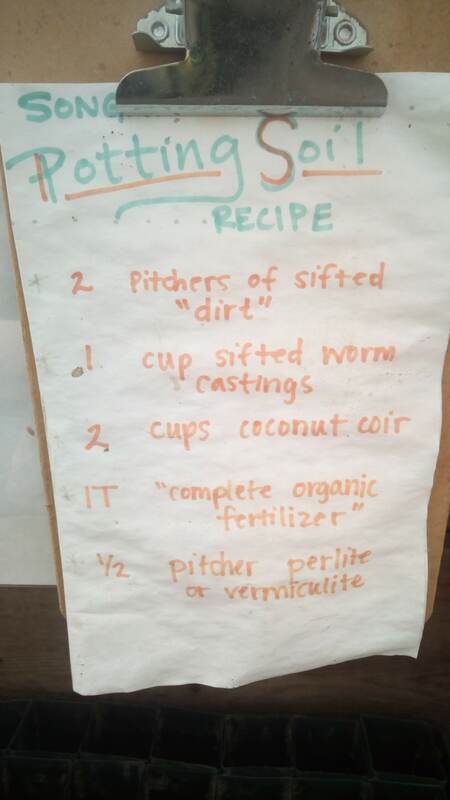
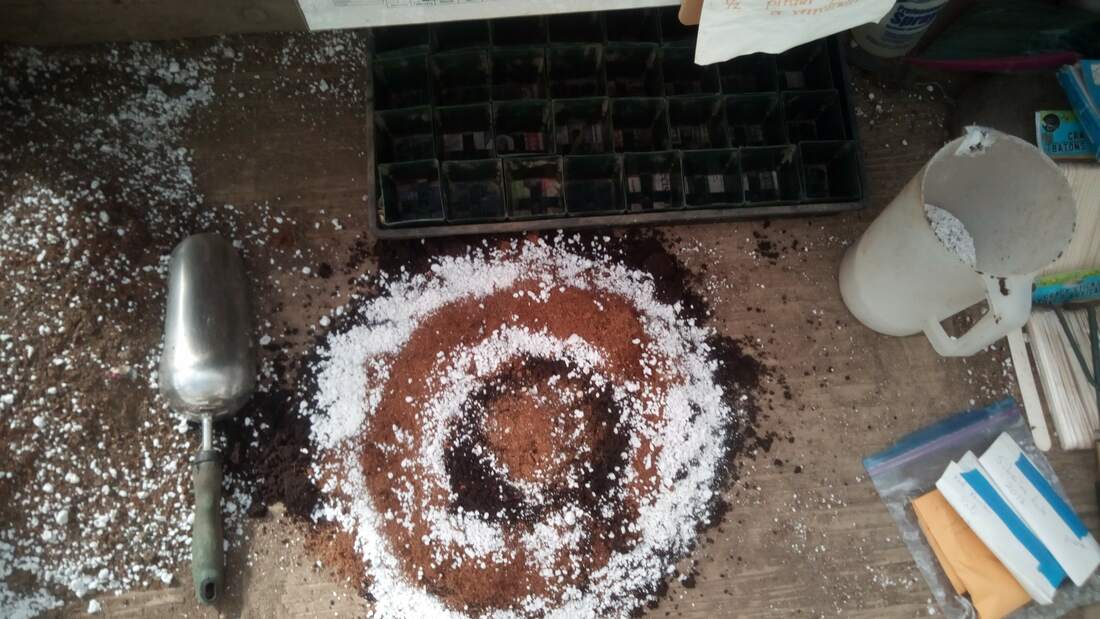
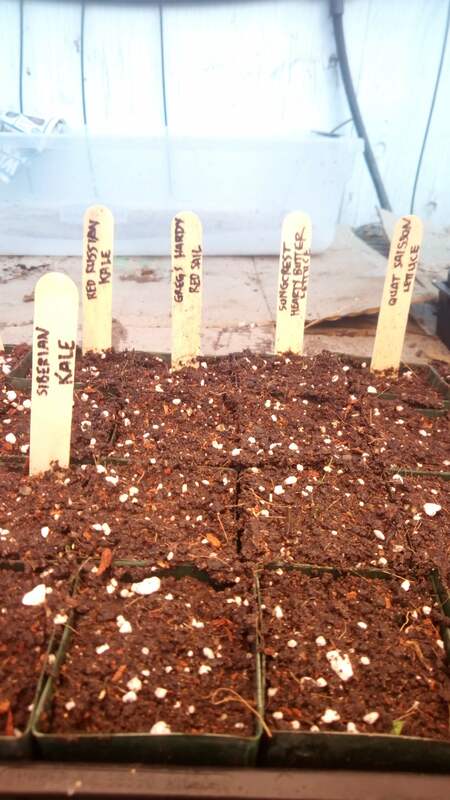
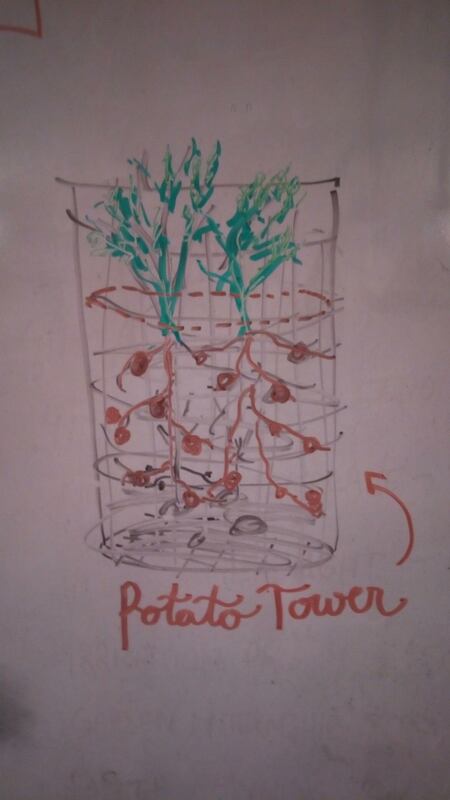
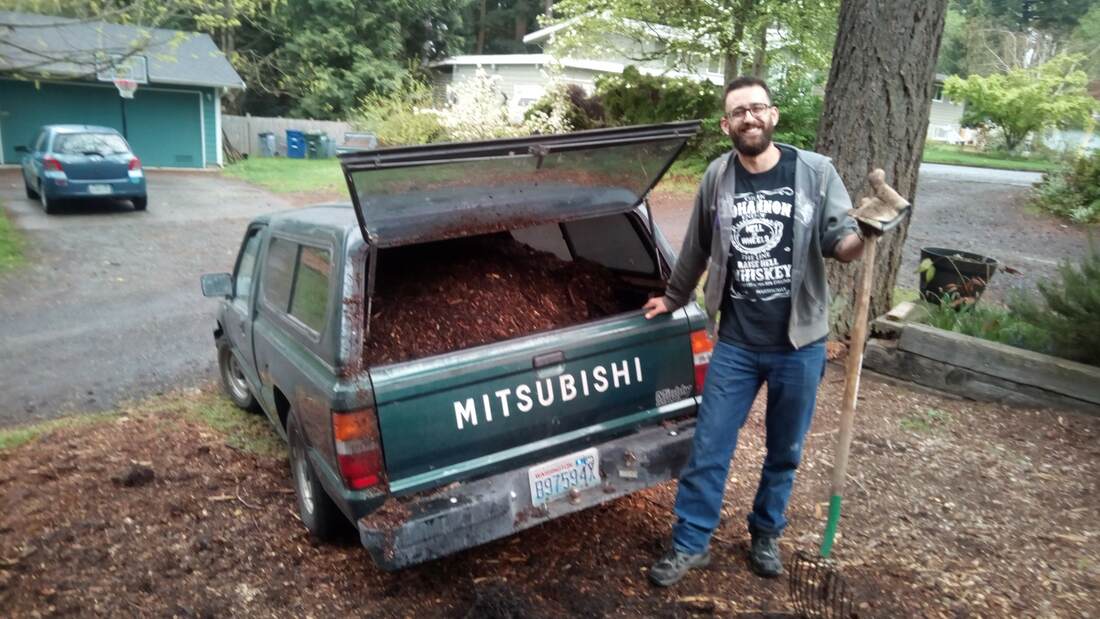
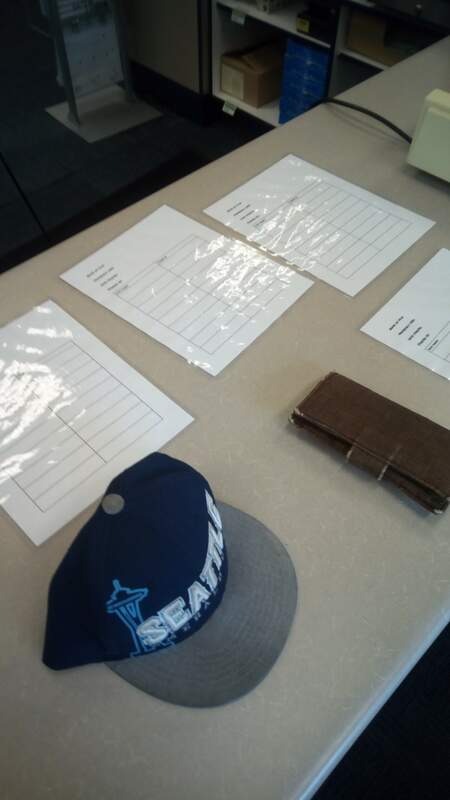
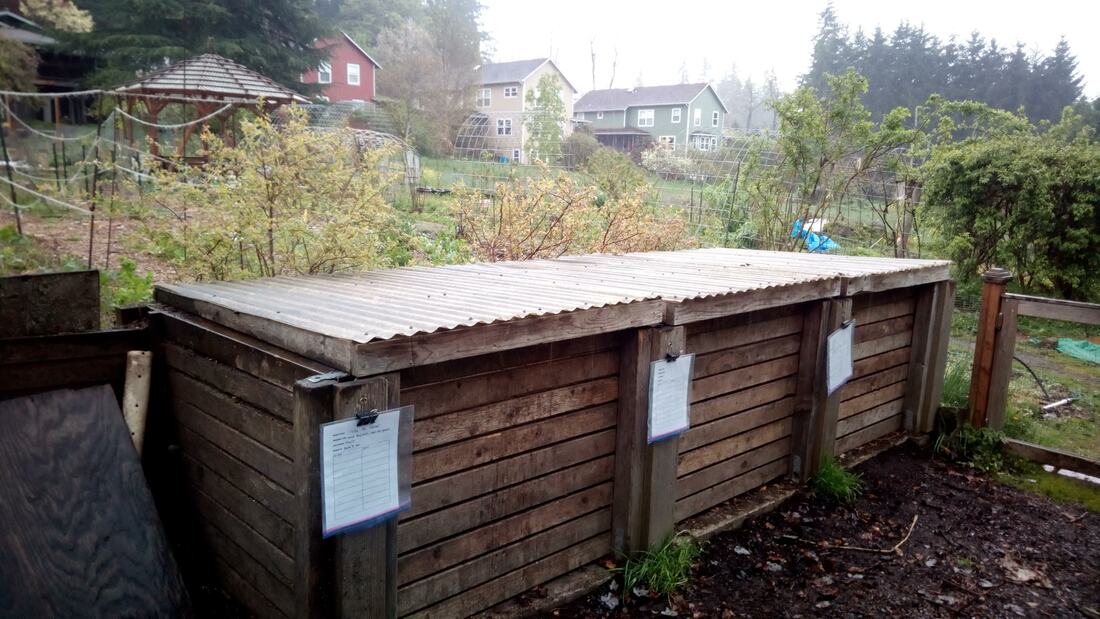
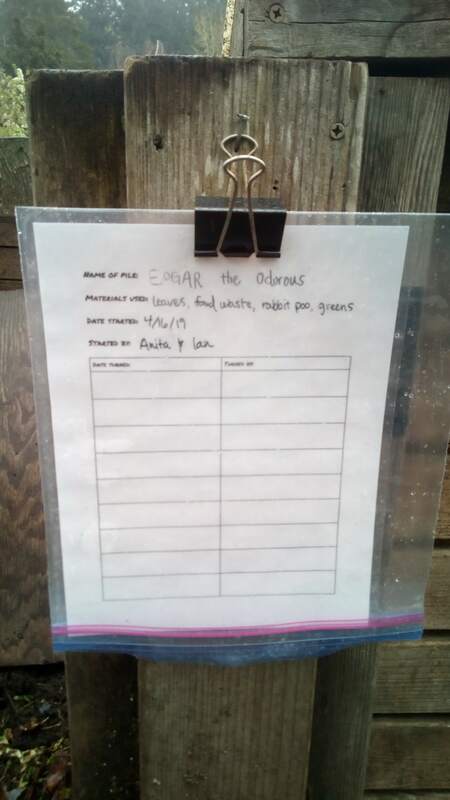
 RSS Feed
RSS Feed